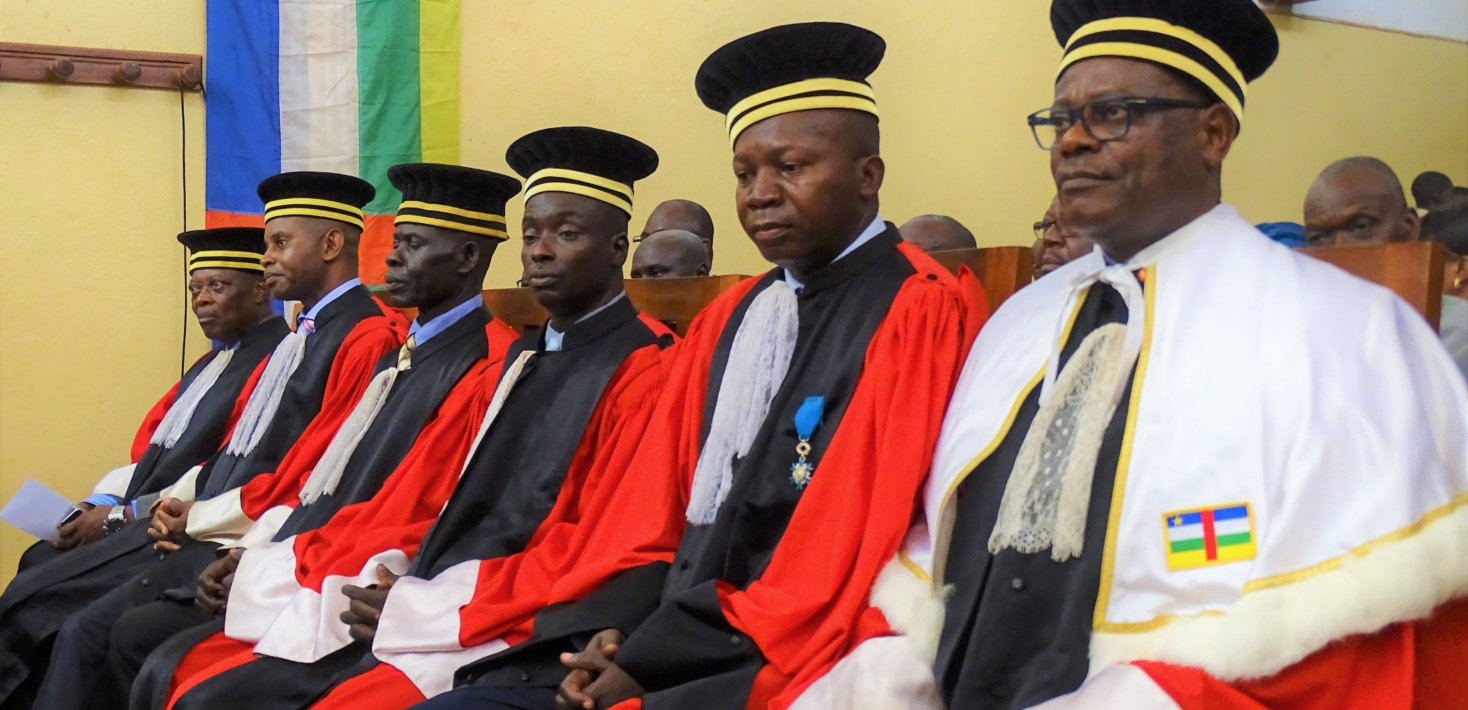Responding to the arrest warrant issued by the Special Criminal Court in Central African Republic against former President François Bozizé, Samira Daoud, Amnesty International’s Regional Director for West and Central Africa, said:
“The issuance of an arrest warrant against a high-level suspect such as François Bozizé is a very encouraging step in the quest for justice for victims of the numerous crimes committed in Central African Republic. However, the Special Criminal Court (SCC) can only fulfill its mandate of investigating and prosecuting those responsible for the numerous atrocities committed in the country if national authorities and all States fully cooperate.
At least 25 arrest warrants have previously been issued by the SCC, but the suspects are still at large.
Samira Daoud, Amnesty International’s Regional Director for West and Central Africa
“Amnesty International calls on Guinea Bissau, where François Bozizé currently resides, to arrest him without delay and transfer him to CAR authorities who must promptly bring him before the SCC.
“At least 25 arrest warrants have previously been issued by the SCC, but the suspects are still at large. Whether they are still in CAR or in neighbouring countries, all should be arrested and brought to the SCC without further delay.”
Background
The Special Criminal Court is a hybrid court established in the Central African Republic since 2018. It is composed of Central African and non-Central African judges and personnel. It was created to investigate, prosecute and judge the most serious crimes committed since 2003.
On 30 April 2024 the SCC publicly issued an arrest warrant against François Bozizé, on multiple counts of crimes against humanity allegedly committed between February 2009 and March 2013 during his presidency. The Court’s press release confirms that the suspect currently lives in Guinea Bissau.
In 2020 and 2021, Amnesty International published two reports analyzing the challenges facing the SCC. The organization called for increased support for the Court and greater transparency.


